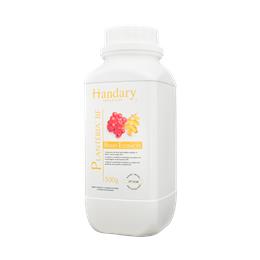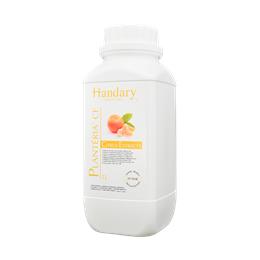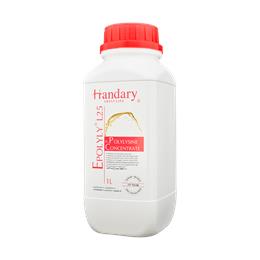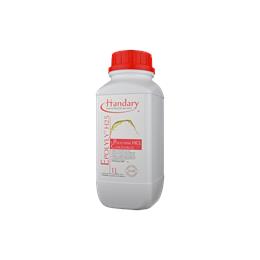Description
Dairy alternatives are products that are designed to replace traditional dairy products such as milk, cheese, and yogurt. These products are typically made from plant-based ingredients and are popular among people who are lactose intolerant, have a dairy allergy, or follow a vegan or plant-based diet.
For example soy milk is made from soybeans and fortified with vitamins and minerals, soy milk is a popular dairy alternative that is high in protein and calcium. Or almond milk for example is made from ground almonds and water, almond milk is a popular dairy alternative that is low in calories and high in vitamin E. The most common spoilage issues in these applications are TPC, yeast and molds.
Yeasts & Molds
Yeasts & Molds can be a concern in dairy alternative products. By following proper handling and storage techniques, practicing proper sanitation, and being aware of the presence of preservatives and other additives, the industry and consumers can help to minimize the risk of yeasts and molds in dairy alternative products. yeasts and molds can be a concern in dairy alternative products.
By following proper handling and storage techniques, practicing proper sanitation, and being aware of the presence of preservatives and other additives, the industry and consumers can help to minimize the risk of yeasts and molds in dairy alternative products.
Total Aerobic Bacteria
Total Aerobic Bacteria can also be a concern in dairy alternatives, particularly those that are made from plant-based ingredients. While plant-based products are generally considered to be less susceptible to bacterial growth than dairy products, they are not immune to spoilage. To minimize the risk of total aerobic bacteria in dairy alternatives, it is important to follow proper handling and storage techniques.
Dairy alternatives should be kept refrigerated and consumed before their expiration date. Furthermore, it is important to use preservatives to control this bacteria and avoid any health risk.
 English
English 简体中文
简体中文 Français
Français Español
Español



